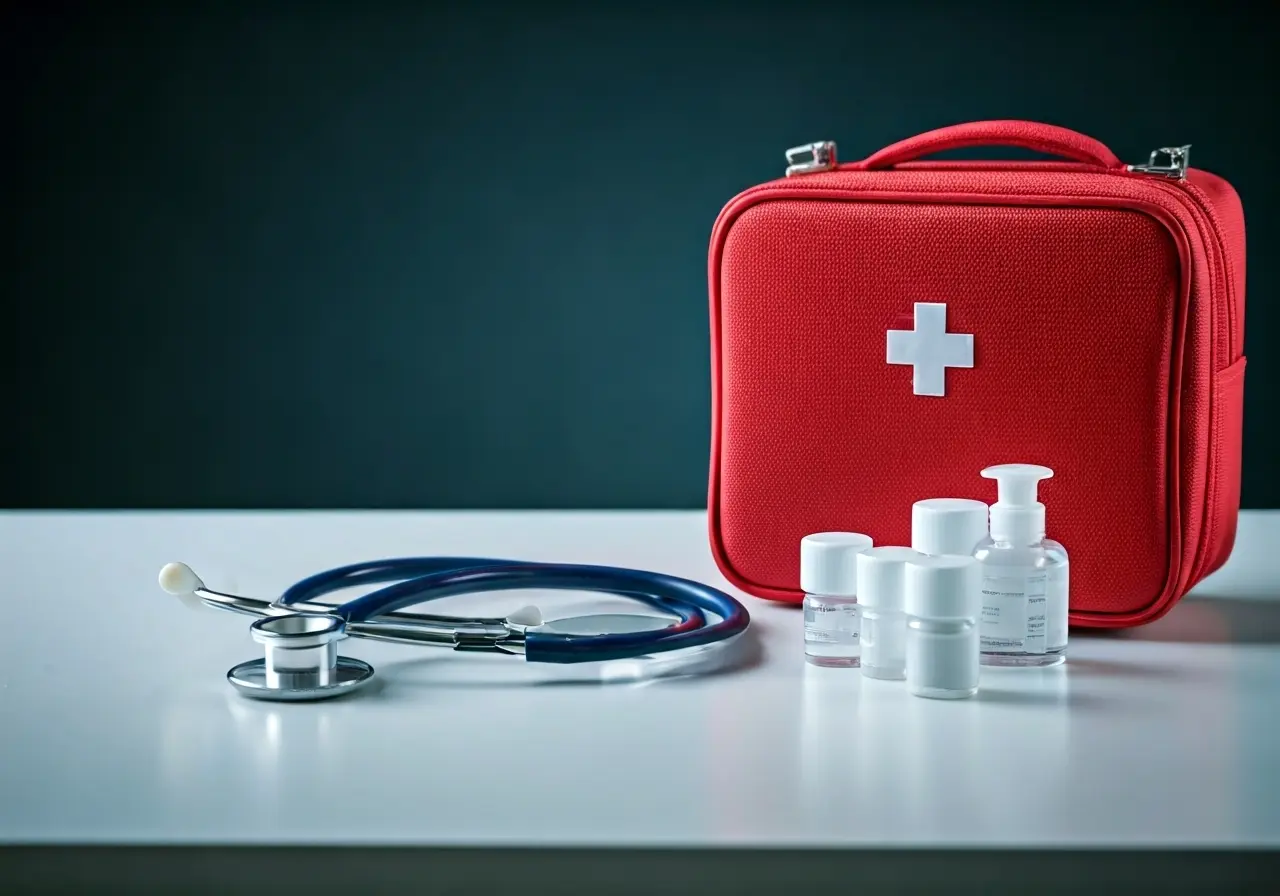Urgent treatment centers are a convenient option for individuals who need immediate care for non-life-threatening conditions. They’re a great bridge between your primary care physician and the emergency room, offering extended hours and walk-in appointments. Understanding what kinds of medical issues can be addressed at these centers can save you time and provide peace of mind. In this FAQ, we’ll explore the common conditions treated at urgent treatment centers.
Minor Injuries
Urgent treatment centers are well-equipped to handle minor injuries such as sprains, strains, and fractures. They can provide X-rays, splints, and bandaging to address these issues efficiently.
Injuries like ankle strains, which can cause swelling and discomfort, often happen unexpectedly, and the convenience of an urgent care center allows for prompt evaluation and treatment. You can walk in without an appointment and receive the necessary care to alleviate pain and prevent further injury.
Children, who are most prone to taking tumbles during play, can especially benefit from the quick care an urgent treatment center provides. From treating superficial cuts to assessing more concerning bruises, parents appreciate the immediate attention available without the long wait times often associated with emergency rooms.
Common Illnesses
If you’re experiencing symptoms of a common illness like a cold, flu, or infection, urgent treatment centers can offer diagnosis and necessary prescriptions. These facilities are familiar with providing relief for non-critical infections, ensuring you get back on your feet quickly.
Seasonal flu affects millions each year, and getting prompt attention can help mitigate the severity of the illness. Urgent treatment centers offer convenient flu vaccinations, which are especially important during peak seasons to protect both yourself and those around you.
Upper respiratory infections, often characterized by a persistent cough, can be swiftly diagnosed at these centers. With access to a variety of treatments, patients can receive the necessary prescriptions to manage their symptoms efficiently and comfortably.
Allergic Reactions
Mild to moderate allergic reactions, including rashes or minor insect bites, can be treated at urgent treatment centers. They can provide antihistamines and other treatments to alleviate your symptoms.
For many, seasonal allergies are a recurring issue that can greatly affect daily life. Urgent treatment centers offer accessibility to medications that help manage nasal congestion and itchy eyes, common features of this condition.
In cases of food allergies that cause hives or mild swelling, urgent treatment centers can quickly intervene with necessary medications. This fast response helps prevent escalation and provides relief, which is crucial especially in children and the elderly.
Cuts and Lacerations
For cuts that may require stitches or other wound care, urgent care centers are equipped to clean, stitch, and dress wounds. They ensure proper healing and help prevent infections.
Kitchen accidents, such as knife cuts, occur frequently, and urgent treatment centers provide an advantageous option for treatment. With professionals ready to apply stitches or proper dressing, there’s peace of mind that comes with correct and prompt care.
Protective measures are important, but when accidents happen, these centers help remove foreign bodies like glass or dirt from cuts efficiently before sealing the wound. This essential care promotes healing and reduces the chance of complications later on.
Diagnostic Services
Urgent care centers often provide basic diagnostic services such as X-rays, blood tests, and urinalysis. These can help identify underlying health issues and guide appropriate treatment.
For those experiencing persistent symptoms like headaches or abdominal pain, quick access to diagnostic tools at an urgent care center can provide answers. Blood work and other tests can rule out severe conditions, offering reassurance and a tailored treatment plan moving forward.
Understanding the Scope of Urgent Treatment Centers
Urgent treatment centers provide an essential service for communities, bridging the gap between primary care and emergency room services. By knowing what conditions can be treated at these centers, you can make informed decisions about where to go when you need medical assistance. Always remember that while urgent care is suitable for non-life-threatening issues, any severe symptoms should prompt a visit to the emergency room. For more information and assistance, please visit our homepage.





